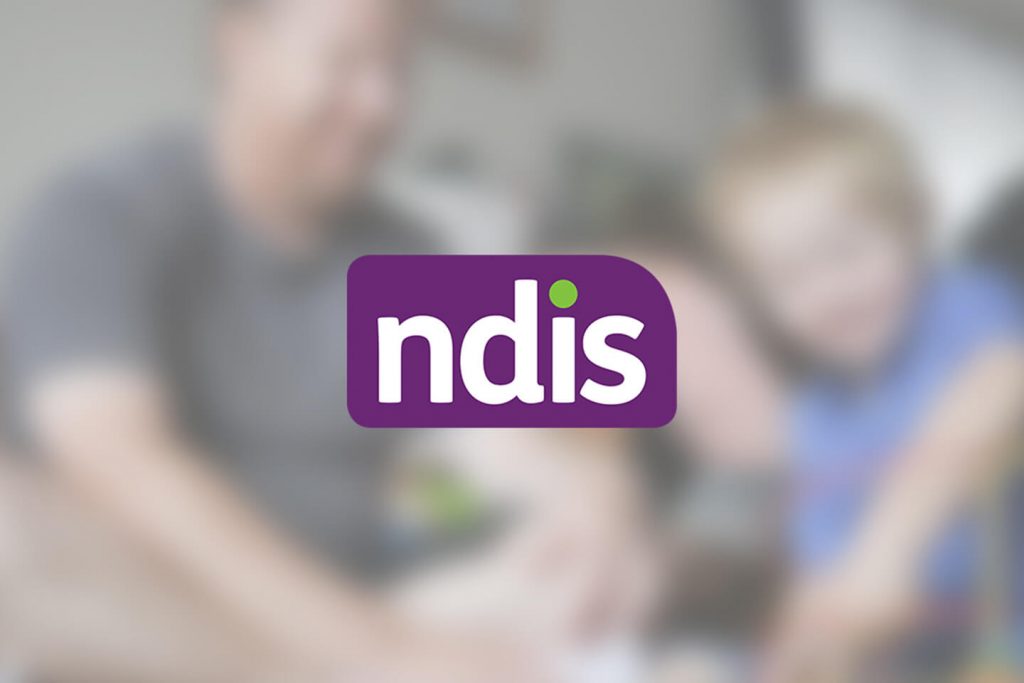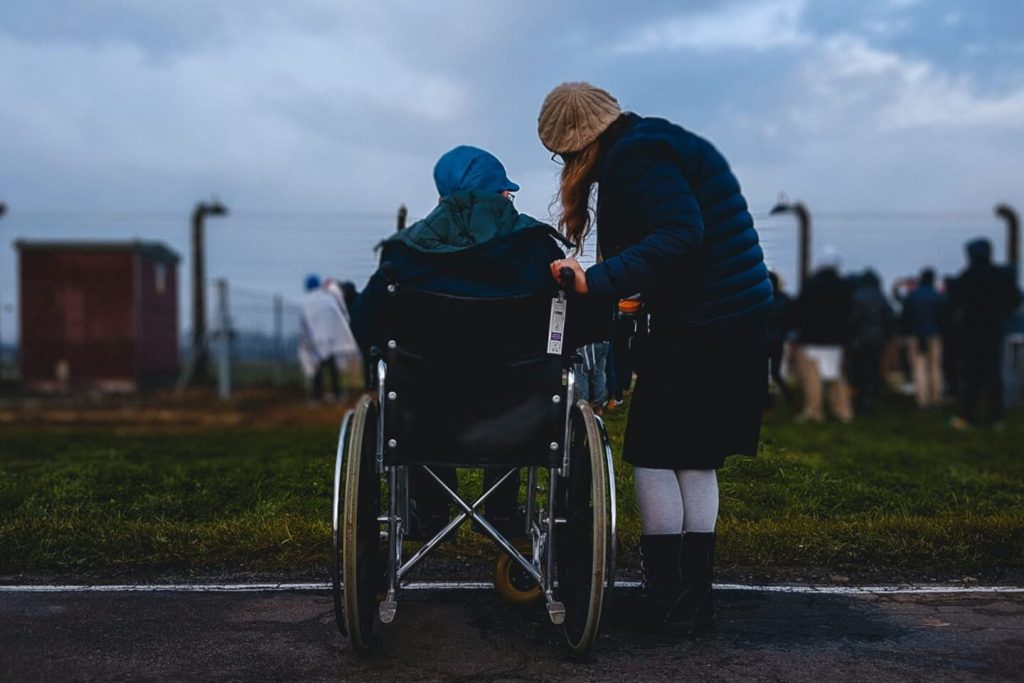NDIS Housing Options for Supported Independent Living: What You Need to Know

The National Disability Insurance Scheme (NDIS) is a game changer for people with disabilities, providing them with the support they need to live their lives to the fullest. One important outcome of this support is NDIS housing options for independent living. Join us to learn about the various housing options available through the NDIS, their incredible benefits and how to access them.
What are NDIS housing options for independent living?
NDIS housing options for independent living refer to a range of housing options available to NDIS participants who require support to live independently. These options include Specialist Disability Accommodation (SDA), Supported Independent Living (SIL) and the Home and Living category of the Core Supports budget.
Specialist Disability Accommodation (SDA)
SDA refers to housing that is purpose-built or modified to meet the needs of people with disabilities. This type of housing is designed to be accessible, with features such as wider doorways, wheelchair ramps and hoists. SDA can be shared or individual accommodation and can cater to people with a range of disabilities, including physical, intellectual and sensory disabilities. The NDIS funds the cost of the building and ongoing maintenance, while the participant pays for the support services.
Supported Independent Living (SIL)
Supported Independent Living (SIL) refers to the support provided to people with disabilities to live in their own homes. This can include help with daily tasks such as cooking, cleaning and personal care, as well as assistance with managing finances and accessing the community. SIL can be provided in a range of housing options, including shared accommodation, individual apartments or houses. The NDIS funds the cost of the support services, while the participant pays for the housing.
Home and Living category of the Core Supports budget
The Home and Living category of the Core Supports budget covers the costs of daily living expenses, including rent, mortgage payments, utilities and household items. This funding can be used to support people with disabilities who live independently or with family or friends. This category of funding is flexible, meaning participants can choose how to use the funds to best meet their needs.
Benefits of NDIS housing options for independent living
There are many benefits to NDIS housing options for independent living, including increased autonomy, privacy and the ability to live in a home that meets your specific needs. NDIS housing options also provide access to support services, allowing participants to live more independently and engage in their communities.
How to access NDIS housing options for independent living
To access NDIS housing options for independent living, you will need to have an NDIS plan in place. Your plan will outline the support services and funding you are eligible for. If you require specialist disability accommodation, you will need to meet the eligibility criteria, which include an assessment by an occupational therapist or other health professionals.
To access Supported Independent Living, you will need to work with an NDIS provider to develop a plan for the support services you require. This plan will be based on your individual needs and goals. If you require assistance with daily living expenses, you can use the Home and Living category of the Core Supports budget.
Direct Care Australia are experts in NDIS supports and services, specialising in a range of NDIS supports and services to people around Australia. If you need any further assistance, contact Sharon Miller or Cristina Bruno on 0410 620 170 or 1300 122 730 or via email at to discuss how we can support you to access support or assistive technology.



